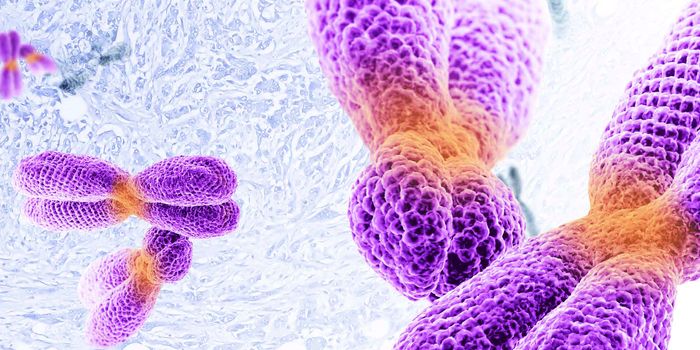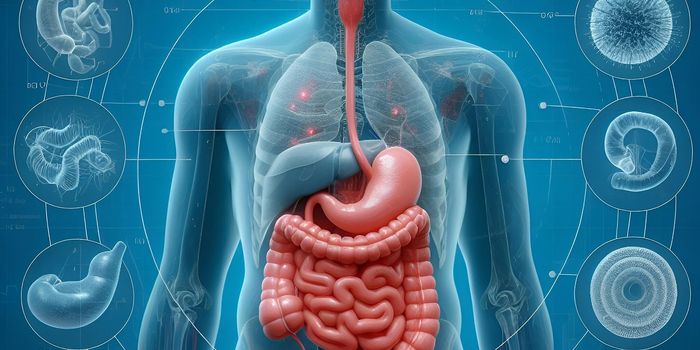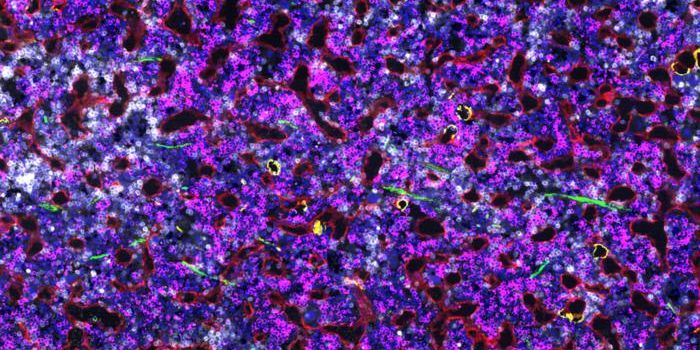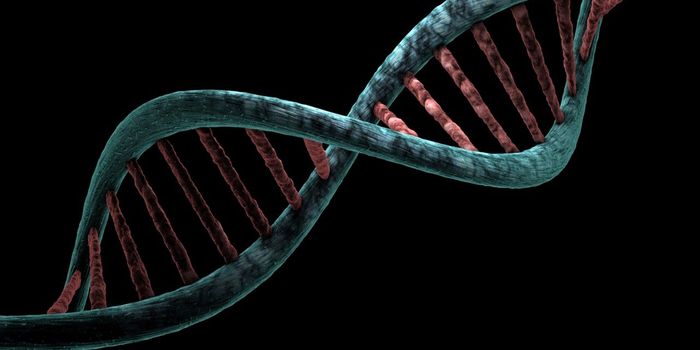Inhibiting Cancer Stem Cells to Stop Cancer Recurrence
Once upon a time, stem cells were the talk of the town. They really are amazing, with some capable of turning into any other cell type. While most focus on how they can be used to heal, a more dangerous kind of stem cell, the cancer stem cell, also exists.
Cancer stem cells have become a significant research area, as they are thought to be important in the resurgence of cancer after surgery, chemotherapy, or radiotherapy. Although the initial treatment may have worked, cancer stem cells can lie dormant until activated by some signal.
A team from Lund University in Sweden had previously found that the molecule galiellalactone (GL), a STAT3 inhibitor, could stop the growth of prostate cancer cells and target them for elimination in early experiments. This new study sought to identify if galiellalactone could also affect cancer stem cells and cut off any resurgence before it starts.
They began by isolating cancer stem cells from a prostate cancer cell line and analyzing their characteristics. They saw that the stem cells had higher expression of markers of “stemness genes,” aka surface proteins that indicate if a cell is a cancer stem cell. The stem cells themselves behaved much like the prostate cancer cell line they originated from.
STAT3 is a protein that is critical to stem cell maturation. Upon application of galiellalactone, both the stem cells and parent cancer cells showed impaired growth. However, cancer stem cells were more sensitive to galiellalactone. Mouse models showed that prostate cancer tumors had decreased levels of “stemness genes,” although the team doesn’t note any changes to overall survival. One more test showed that galiellalactone was effective in reducing cellular growth of not only standard prostate cancer cells, but drug-resistant ones as well.
Inhibiting cancer stem cells’ activation is one of the most promising areas of research to stop the recurrence of cancer after treatment. While this study supported the molecule galiellalactone as a functional inhibitor of STAT3, many of the data suggest its growth suppression is not cancer stem cell-specific. The stem cells were more sensitive, though, which could point to galiellalactone as a possible therapy supplement against recurrence. Galiellalactone’s effects on drug-resistant prostate cancer cells is also a positive sign.
The study concludes, “Our findings here provide the first evidence that GL can target the CSCs in patient-derived primary prostate tumor cultures. We propose that the STAT3 inhibitor GL acts by reducing the viability of PCa-therapy-resistant cells in both CSCs and non-CSC populations.”









